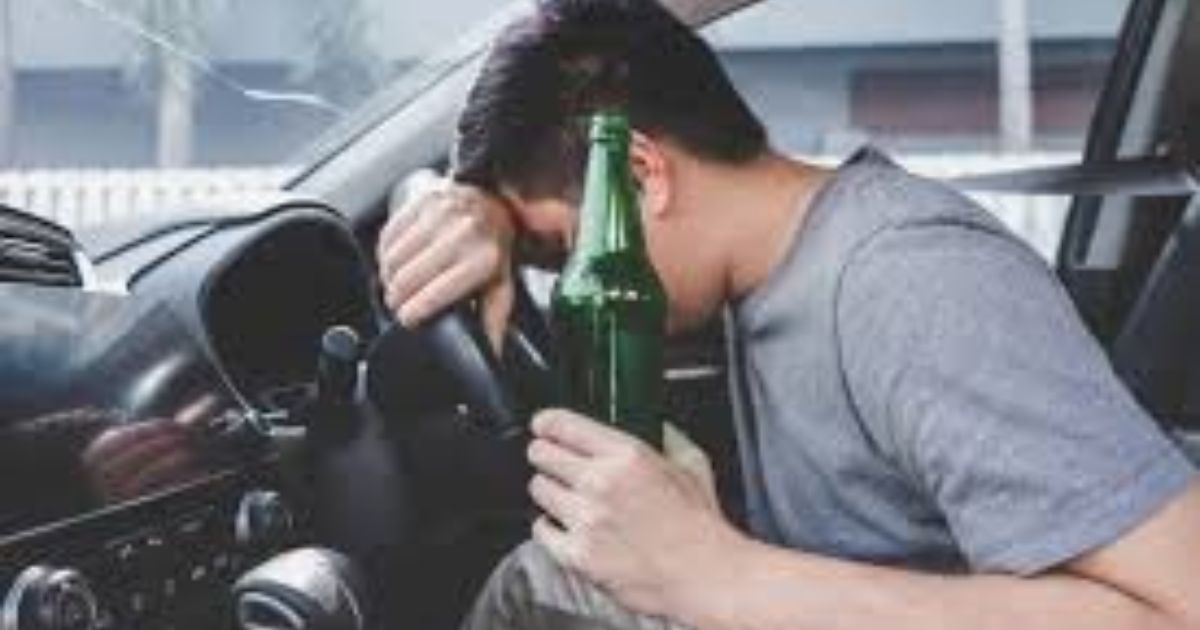Blogs
Understanding Impaired Driving in Massachusetts After Marijuana Legalization
As crashes involving both cannabis and alcohol rise, it’s important to know what’s changed, and what hasn’t.
Driving While High Is Still Illegal
Even though marijuana is now legal for adults in Massachusetts, it’s still against the law to drive while impaired by any substance, including cannabis. Under state law (Mass. Gen. Laws c.90 §24), it’s considered Operating Under the Influence (OUI) whether the impairment comes from alcohol, marijuana, or another drug.
Unlike alcohol, there’s no legal limit for THC. Police and prosecutors must instead rely on observations, evidence, and expert testimony to prove a driver was impaired.
What’s Different Since Legalization
Some things have changed since recreational marijuana became legal, and some haven’t:
- OUI Still Applies to Drugs: Marijuana is treated just like any other drug under OUI law.
- No “THC Limit”: Unlike the 0.08% standard for alcohol, there’s no specific number that defines marijuana impairment.
- Roadside Tests Are Limited: In the case Commonwealth v. Gerhardt, the state’s highest court ruled that traditional field sobriety tests (like walking a line or touching your nose) aren’t reliable indicators of marijuana impairment. Officers can describe what they saw, but they can’t say whether someone “passed” or “failed.”
- Education and Prevention: Since 2022, the RMV has included AAA’s Shifting Gears: The Blunt Truth About Marijuana and Driving in every driver’s education course for new drivers—about 50,000 teens a year.
- Proposed Laws: The proposed Trooper Thomas Clardy Law aims to improve drug-impaired driving enforcement by expanding Drug Recognition Experts (DREs), standardizing testing, and clarifying license suspension rules.
How Impairment Is Proven
Because there’s no breathalyzer for marijuana, police and prosecutors rely on the total picture of what happened. Evidence may include:
- Officer observations such as driving behavior, speech, eye movement, or odor of marijuana.
- Drug Recognition Expert evaluations (DREs) when available.
- Toxicology tests from blood or urine, though these only show recent use, not actual impairment.
- Video footage, witness accounts, or crash evidence.
- Medical documentation showing alertness or impairment
THC can stay in the body long after its effects wear off, which makes officer observations and expert evaluations especially important in Massachusetts cases.
Penalties and License Consequences
Conviction or refusal to take a chemical test can bring serious penalties:
- Criminal penalties may include fines, probation, mandatory treatment, or jail time, depending on prior offenses.
- License suspensions for refusing a chemical test:
- 180 days for a first offense
- 3 years for a second
- 5 years for a third
- Lifetime suspension for a fourth or more
These are administrative penalties and apply separately from any court case.
What the Data Shows
- About 7–8% of adults report driving within three hours of cannabis use.
- 14% of people surveyed said they drove within two hours of using marijuana in the prior year.
- Cannabis-related OUIs make up about 12% of all OUI arrests, while alcohol remains the leading factor in 80%.
- Fatal crashes involving both alcohol and cannabis rose to 18%, up from 15% before legalization.
- In 2023, there were 2,500+ license suspensions tied to suspected drug-related OUIs, with most being first-time offenders.
- National studies show a 2–4% increase in fatal crashes after legalization, with the highest risk coming from drivers who mix cannabis and alcohol.
If You’re Stopped for Suspected Impaired Driving
- Stay calm and polite.
- Understand the consequences of refusing chemical tests before deciding.
- Avoid making self-incriminating statements.
- Contact an attorney as soon as possible. Early legal guidance can make a major difference.
If You’ve Been Injured by an Impaired Driver
If you’ve been hurt in a crash involving a driver impaired by cannabis, alcohol, or other substances, Jason Ranallo Law in Dedham, MA, can help. Our team reviews every detail - from police reports to toxicology, to build a strong case on your behalf and protect your rights.
Contact Jason Ranallo Law today for a free consultation.










